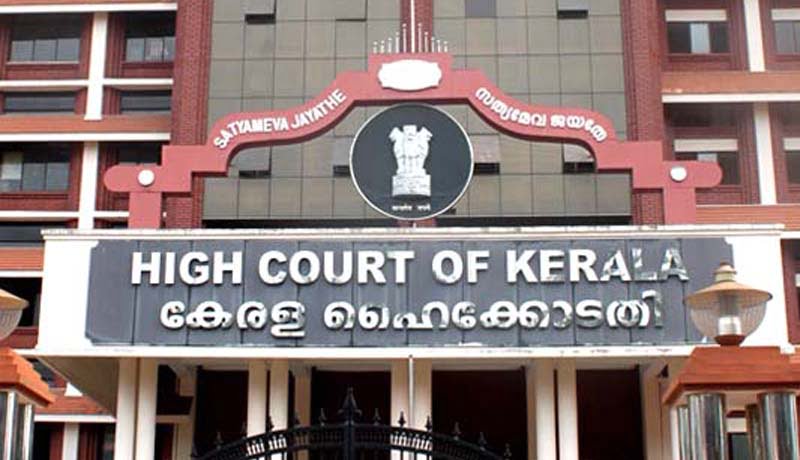Assessment u/s 153C is unsustainable in the Absence of Recovery of Incriminating Materials: Kerala HC [Read Judgment]

Kerala High Court-Tax Exemption-taxscan
Kerala High Court-Tax Exemption-taxscan
The division bench of the Kerala High Court in a recent decision, ruled that an assessment made under section 153C of the Income Tax Act, 1961 cannot be justified on ground that no incriminating material was recovered from the search conducted against the assessee for the relevant assessment previous year.the Court was verifying the validity of the order passed by the Tribunal to the effect that such an order is not sustainable. The facts of the case are brifly stated above.
The assesse, an individual, is engaged in the business of hotel and jewellery. The assessing Officer, in consequent to a search conducted in the business premises of the assessee, completed assessment under section 153A read with section 153C and 143(2) for the assessment years 2001-02 to 2007-08.The Commissioner of Income Tax (Appeals) on first appeal filed by the assessee has partly allowed the assessee’s contentions. Both the Revenue and assessee filed appeal before the Appellate Tribunal, in which the Tribunal allowed the appeals filed by the assessee for the assessment years 2001-02, 2003-04, 2004-05 and 2005-06 and the appeals for the assessment years 2006-07 and 2007-08 were partly allowed.While allowing the appeal, the Tribunal observed that no assessment can be made u/s.153C in the absence of search material for that particular year.
Being aggrieved, the Revenue preferred an appeal before the High court. One of the substantial question of law raised by the appellant was that whether assessment made u/s.153C is sustainable in the absence of search material for that particular year?.
On behalf of the Revenue, it was contended that even in the absence of recovery of incriminating materials, an assessment under section 153C read with section 153A is liable to be sustained.
The division bench comprising of Justice Antony Dominic and Justice Dama Sheshadiri Naidu while analyzing the provisions of section 153C and 153A of the act, the Court found that “comparative analysis of the provisions contained in sections 153A and 153C reveal that jurisdiction under section 153C can be invoked by the Assessing Officer only when money, bullion, jewellery or other valuable article or thing or books of account or documents are seized or requisitioned and it is found that the seized or requisitioned articles belongs orbelong to a person other than the person referred to in section 153A. In such a case, the Assessing Officer shall hand over the books of account or documents or assets seized or requisitioned to the Assessing Officer having jurisdiction over such other person. Thereupon, it is for the Assessing Officer having jurisdiction to proceed against such other person by issuing notice and complete assessments or re-assessments as the case may be, in accordance with section 153A. Therefore, the fundamental jurisdictional requirement for invoking the powers under section 153C is the seizure or requisitioning of books of account or documents or assets which belong to a person other than the person referred to in section 153A. Otherwise, the Assessing Officer has no jurisdiction at all to proceed under section 153C. Therefore, the conclusion of the Tribunal that in the absence of search material, proceedings under section 153C cannot be initiated by the Assessing Officer, which finding is consistent with the precedents referred to by the Tribunal itself, does not spell out any illegality.”
Read the full text of the Judgment below.


